Volcano erupts on Atlantic island
Tue 21 Sep 2021, 09:40:50
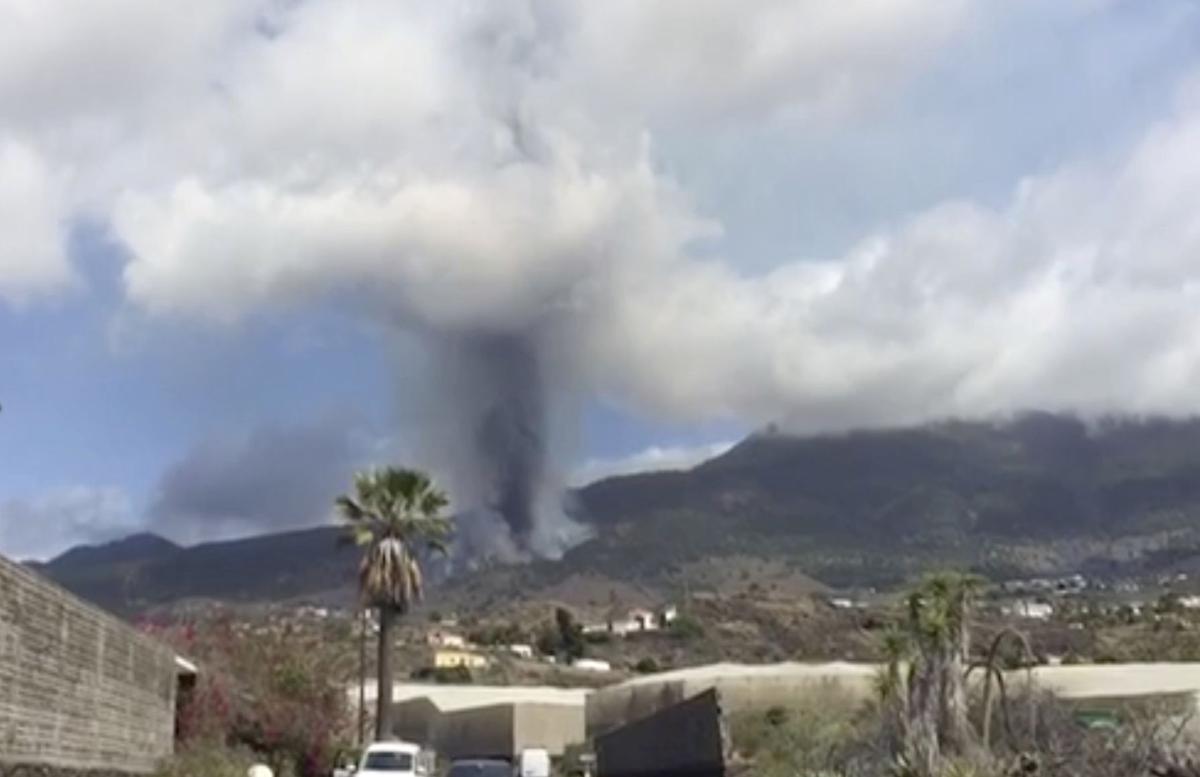
Los Llanos De Aridane (Spain): A volcano on Spain's Atlantic Ocean island of La Palma has erupted after a week-long buildup of seismic activity, prompting authorities to step up plans for evacuating thousands as lava flows destroyed isolated houses and threatened to reach the coast.
The Canary Islands Volcanology Institute reported the initial eruption near the southern end of the island, which saw its last eruption in 1971. Huge red plumes topped with black-and-white smoke shot out along the Cumbre Vieja volcanic ridge, which scientists had been closely watching following the accumulation of molten lava below the surface and days of small earthquakes.
Authorities immediately evacuated over 1,000 people, but Spain's Civil Guard said it might need to evacuate up to 10,000 residents.
La Palma, with a population of 85,000, is one of eight volcanic islands in Spain's Canary Islands archipelago off Africa's western coast. At their nearest point, the islands are 100 kilometers from Morocco.
A 4.2-magnitude quake was recorded before the volcanic eruption, which took place in an area known as Cabeza de Vaca on the western slope as the ridge descends to the coast. As the eruptions continued, at least two open mouths belched bright red magma into the air that then flowed in tight streams down the mountain slope.
Shortly after the initial explosion rocked the area, one black lava flow with a burning tip immediately slid toward houses in the village of El Paso. Mayor Sergio Rodr guez said 300 people in immediate danger were evacuated, roads were closed and authorities urged the curious not to approach the area.
The lava eventually reached some homes, causing at least one chalet with a tower to crumble. Authorities warned that the lava flows could also threaten the municipalities of El Para so, Alcal and surrounding areas.
Carlota Mart n was at
an agricultural plot her family has in Todoque, just downhill from the eruption site, when she heard a huge explosion.
an agricultural plot her family has in Todoque, just downhill from the eruption site, when she heard a huge explosion.
"When we saw the column of smoke, we thought it could not be real, but it kept growing and we knew we had to get out of there," she told The Associated Press.
"You leave, but you are also looking back because you want to see what will happen. Nobody knows how the lava flows will descend, but our plot and lots of houses in the area could be in the way."
Mariano Hern ndez, president of La Palma island, said there were no immediate reports of deaths or injuries but the lava flows made him concerned "about the populated areas on the coast."
"People should not come near the eruption site where the lava is flowing," Hern ndez said. "We are having serious problems with the evacuation because the roads are jammed with people who are trying to get close enough to see it."
Itahiza Dominguez, head of seismology of Spain's National Geology Institute, told Canary Islands Television that although it was too early to tell how long this eruption would last, prior "eruptions on the Canary Islands lasted weeks or even months."
The last eruption on La Palma 50 years ago lasted just over three weeks. The last eruption on all the Canary Islands occurred underwater off the coast of El Hierro island in 2011. It lasted five months.
Volcanologist Vicente Soler of Spain's Higher Council said "the material appears to be very fluid, the lava flows will reach the sea sooner or later. The scientific committee of the Volcano Risk Prevention Plan said part of the island's southwest coast was at risk for landslides and rock falls.
Spanish Prime Minister Pedro S nchez cancelled his trip to New York to attend the U.N. General Assembly so he could travel from Spain's mainland to the Canary Islands.
No Comments For This Post, Be first to write a Comment.
Most viewed from International
Most viewed from World
AIMIM News
Latest Urdu News
Most Viewed
May 26, 2020
Which Cricket team will win the IPL 2025 trophy?
Latest Videos View All
Like Us
Home
About Us
Advertise With Us
All Polls
Epaper Archives
Privacy Policy
Contact Us
Download Etemaad App
© 2025 Etemaad Daily News, All Rights Reserved.

.jpg)


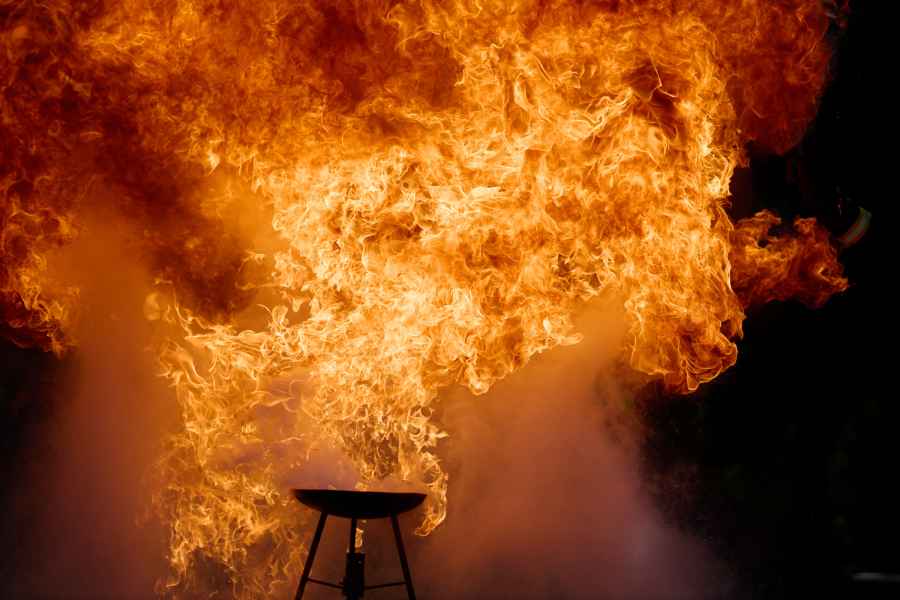
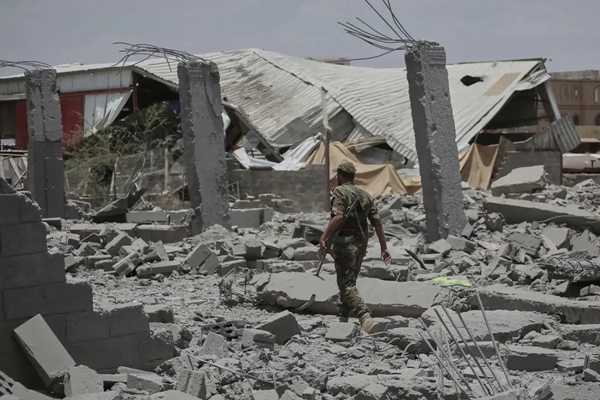

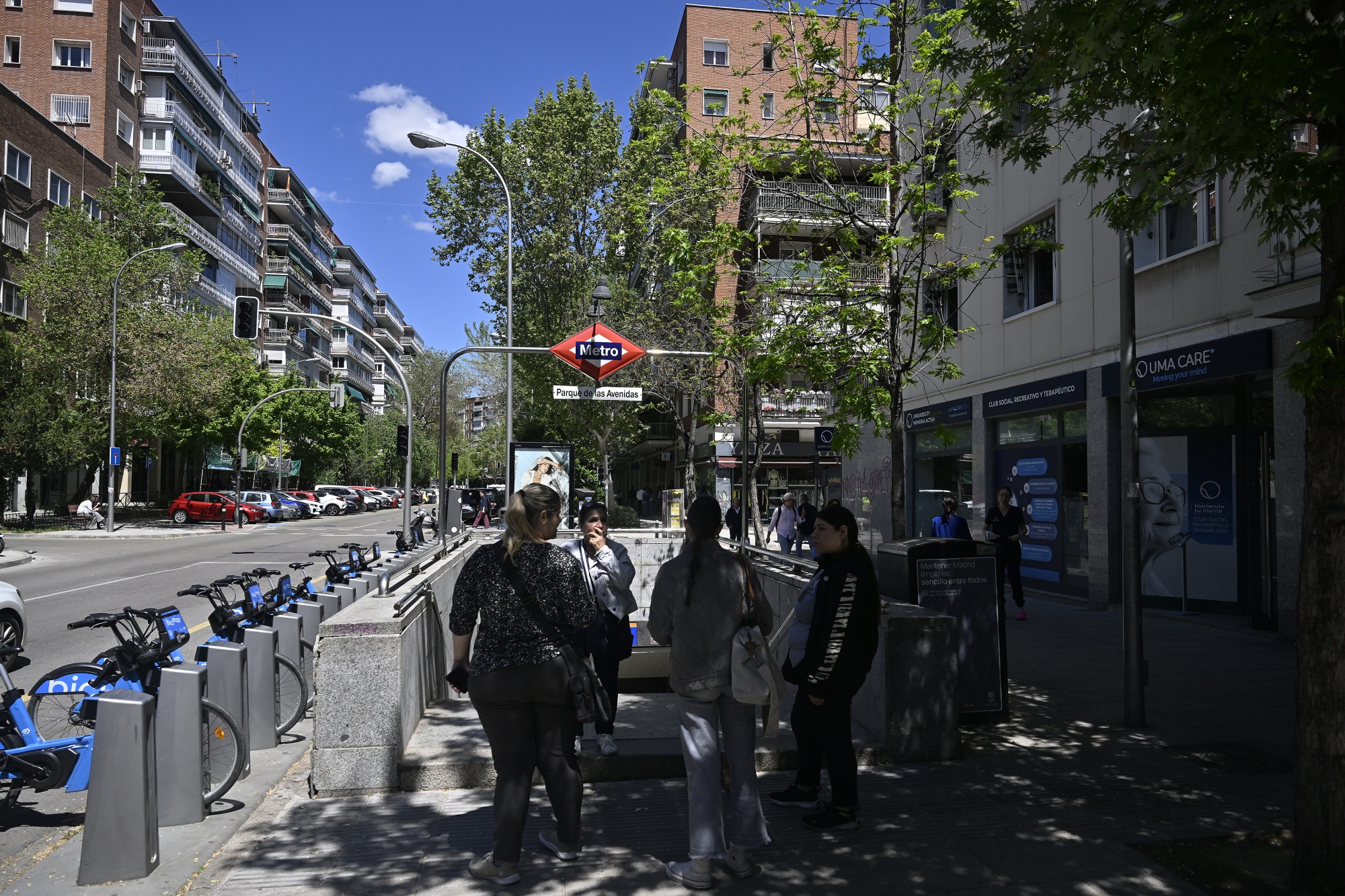



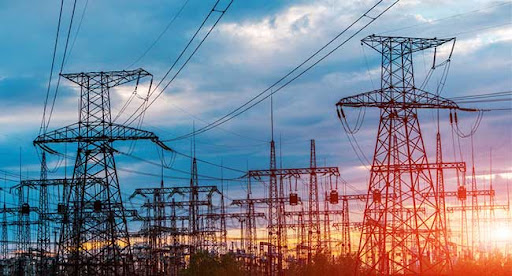
.jpg)



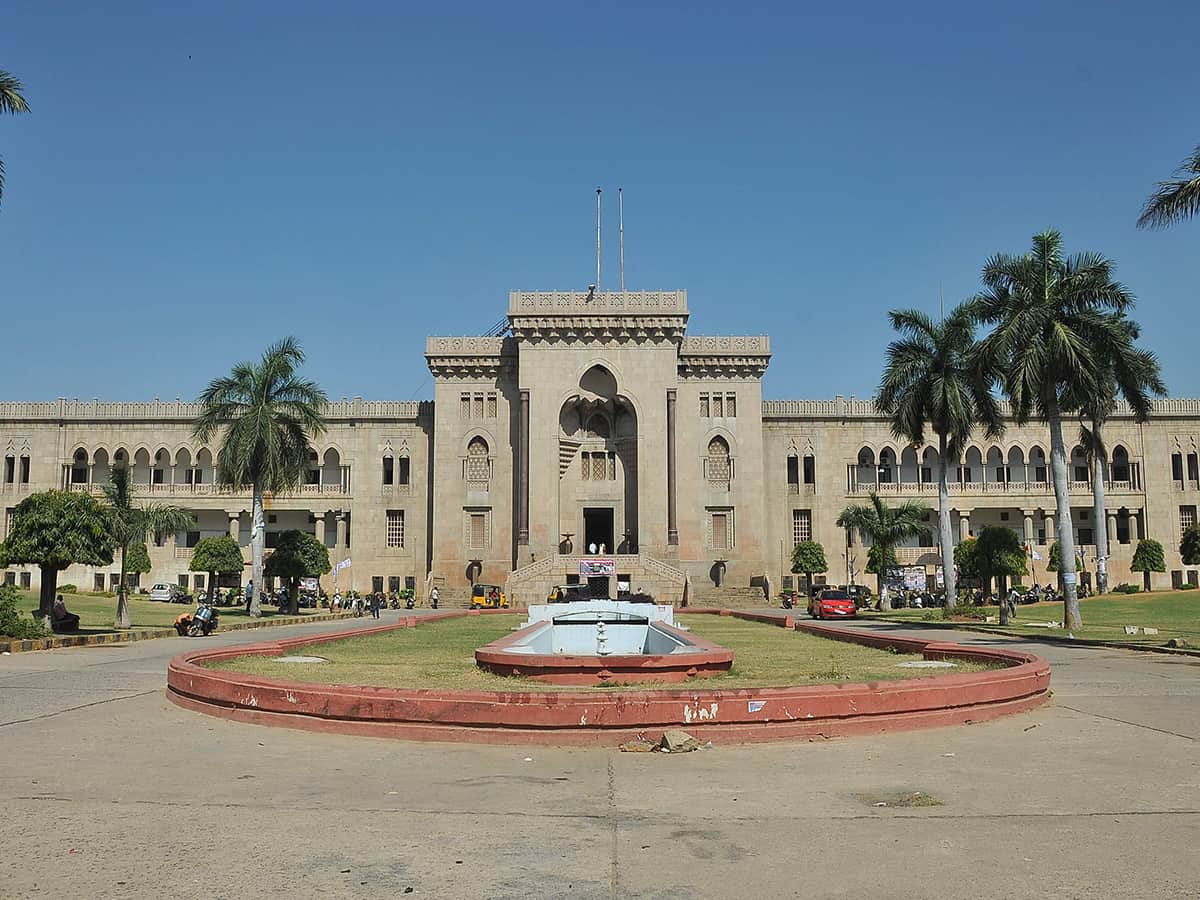
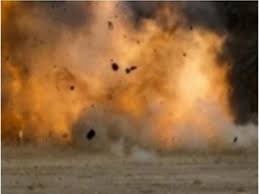

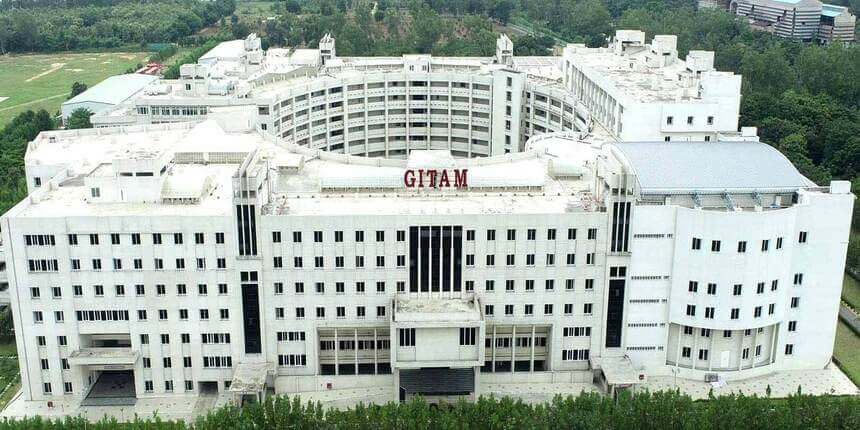




.jpg)

















